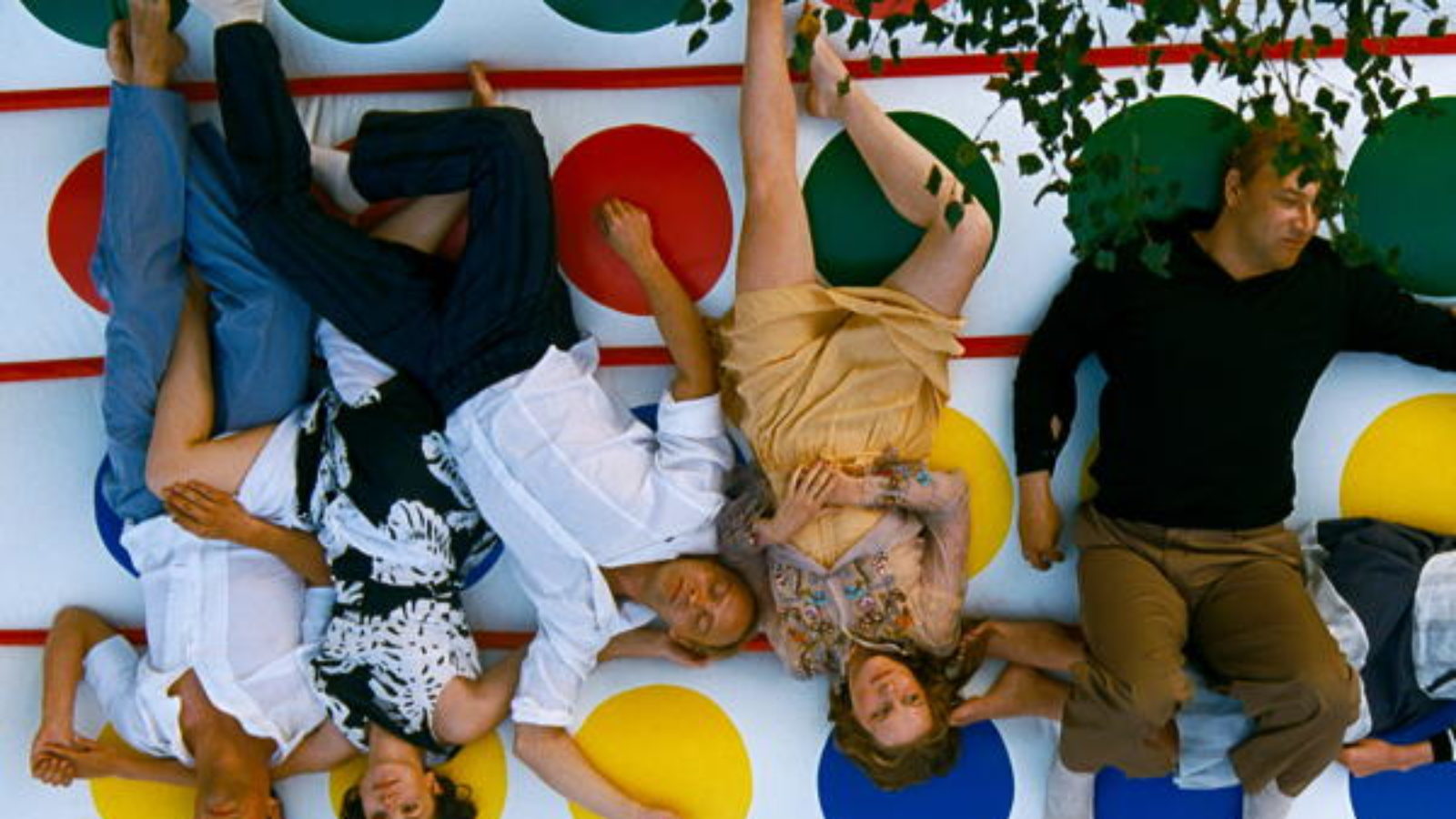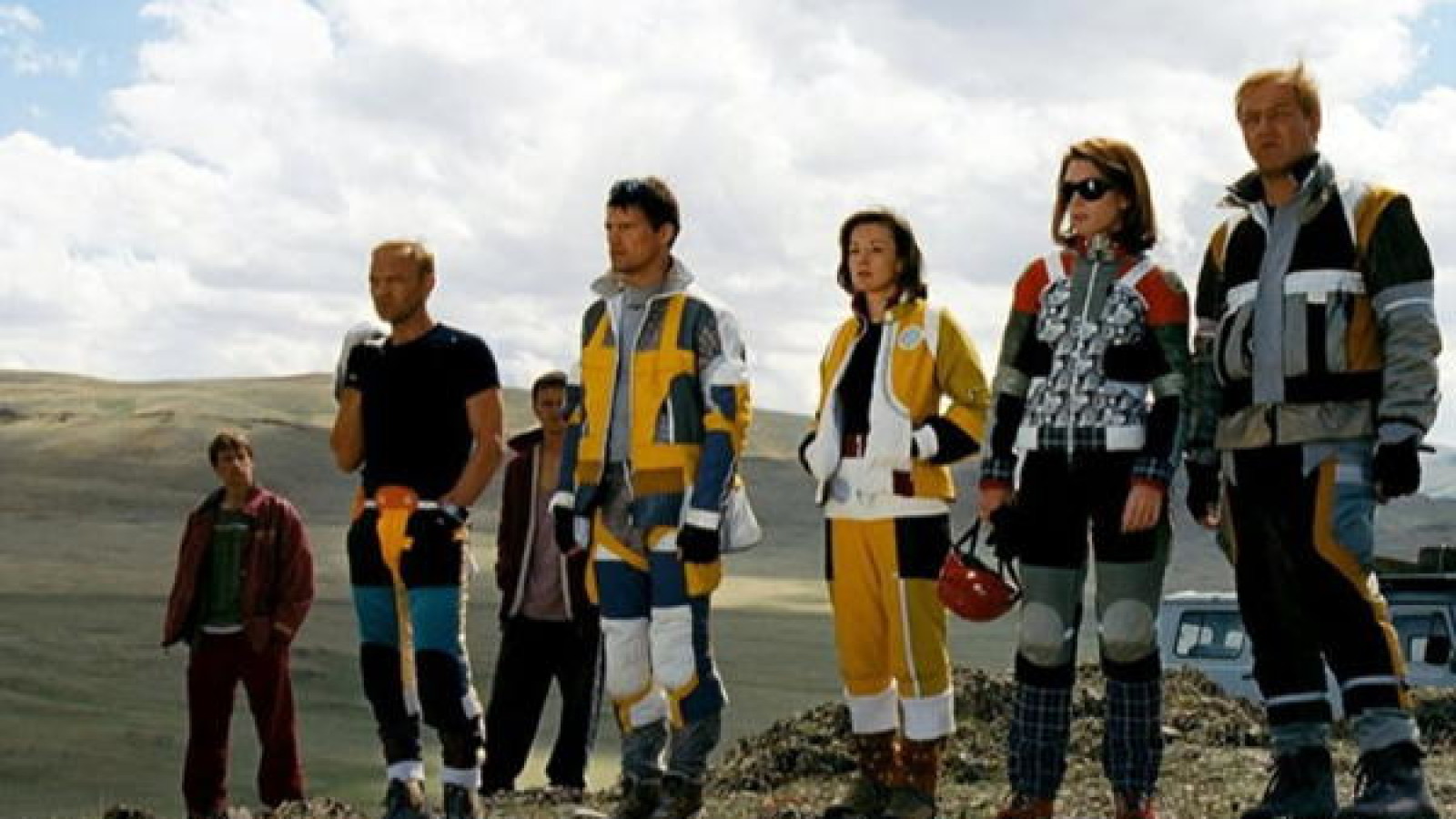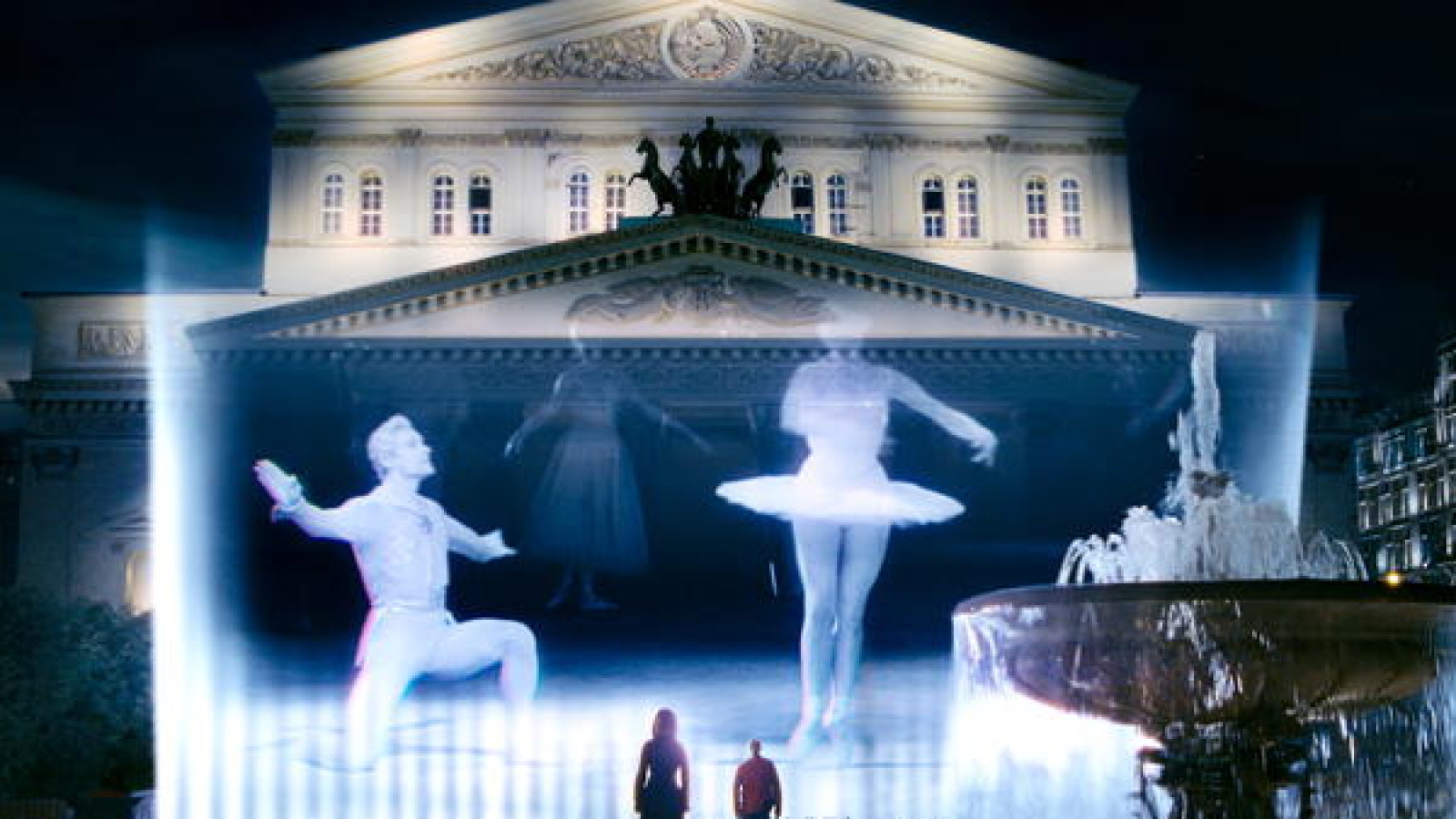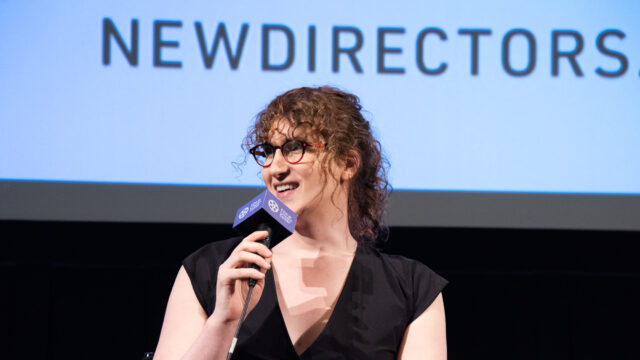Target - Mishen
You’re a member of the social elite and, through an unexplained cosmic anomaly, you’ve become immortal. Now what? The time: 2020. The setting: Moscow. China is now the planet’s dominant country and Russia is its gateway to Europe. As a member of the Russian oligarchy, Viktor, a technocrat at the Ministry of Natural Resources and his wife Zoya live lives of privilege, but obsess about staying young and healthy. Together with Zoya’s brother, handsome television game show host Dimitri, and champion equestrian Nikolai, a Lieutenant Colonel in the Mobile Customs Unit that patrols the “Guanjou-Paris superhighway,” they fly from Moscow to Central Asia, and arrive at a wilderness outpost known as “Bombay.” They have come in search of “The Target”—an abandoned astrophysics facility in the back of beyond where mysterious cosmic radiation endows those exposed to it with eternal youth. Rejuvenated, the group returns to their lives, but as each character’s destiny unfolds, it would seem that eternal life has its downside. One of the discoveries of the 2011 Berlin Film Festival, Target sustains a low-key sense of ambiguity and suggestiveness throughout, and director Alexander Zeldovich brings off some spectacular visual coups while maintaining a sleek, limpid style. Though Zeldovich pointedly depicts the world his characters inhabit as a perhaps deceptively agreeable succession of bright, clean spaces far removed from the bleak, run-down Russia unvaryingly presented in the films of his generational peers, Target, which Zeldovich co-wrote with celebrated novelist Vladimir Sorokin (the screenwriter of Ilya Khrzhanovsky’s notable 2004 film 4) has an underlying measure of social critique, the scenario’s deadpan parallels to Anna Karenina suggesting a tragic perspective on the proceedings that allows the film to carefully avoid melodrama.










